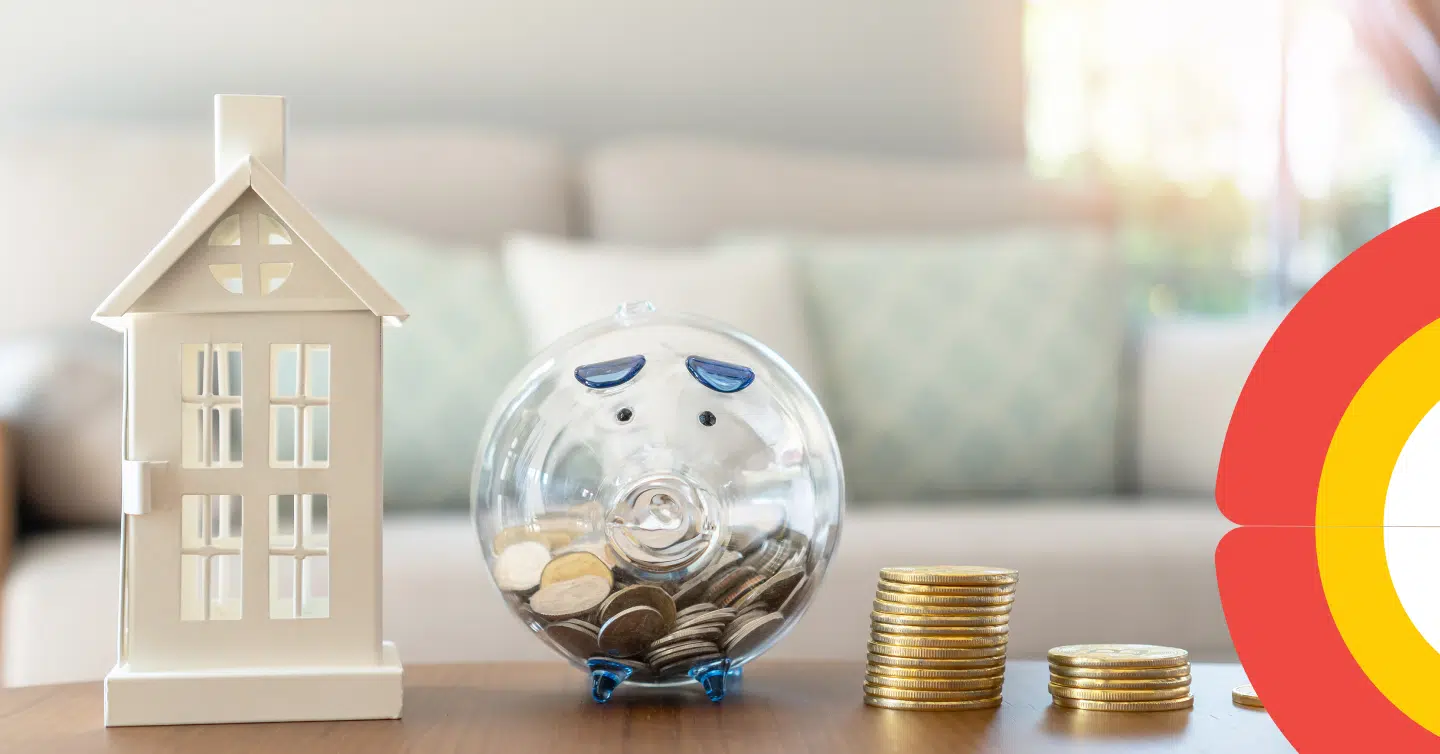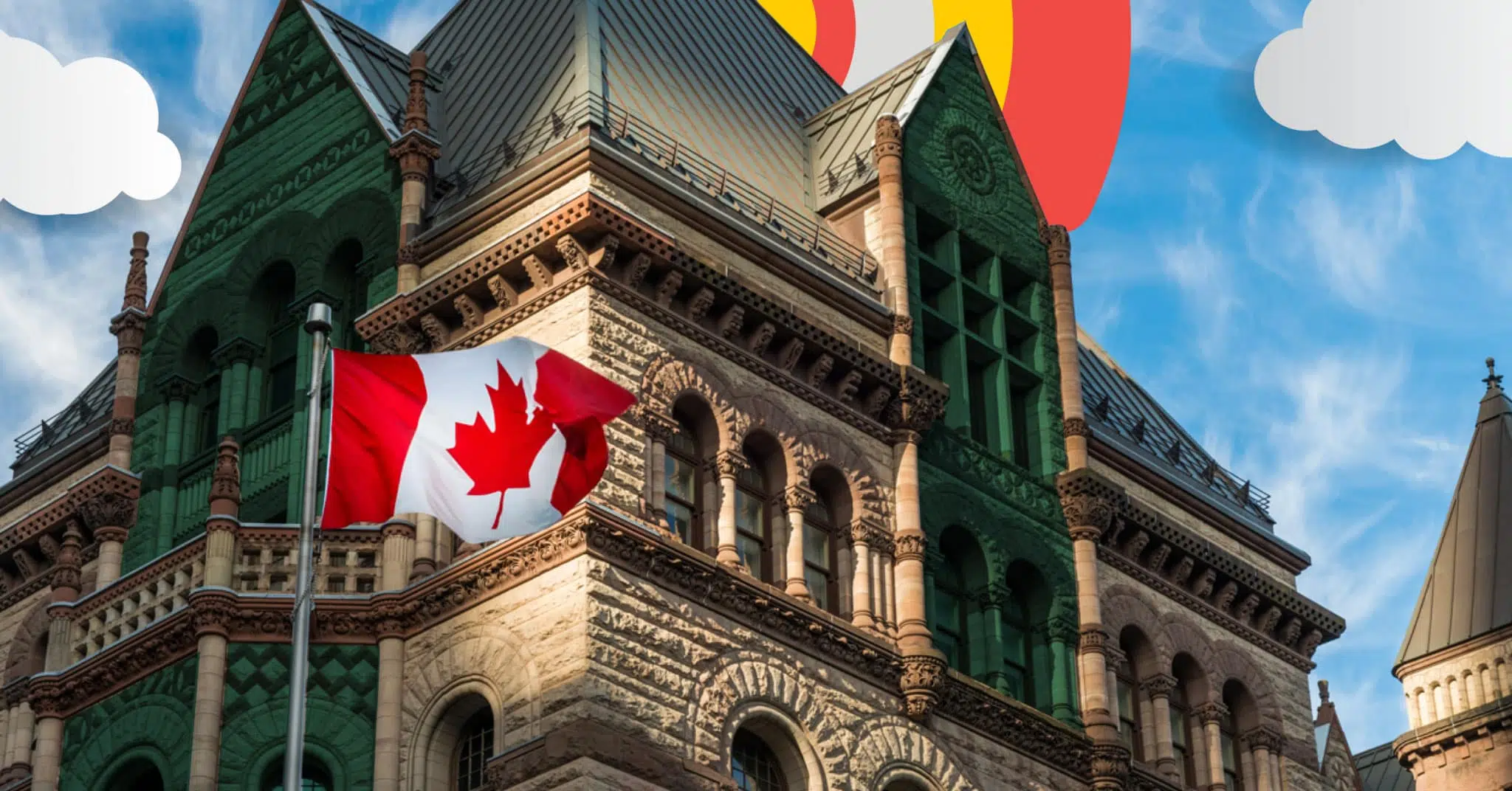Should I Invest or Pay Off My Mortgage?

Table of contents
A surprise windfall, inheritance, tax refund, bonus or salary increase can present an opportunity to boost your financial stability. However, what to do with this unexpected windfall might leave you in a dilemma.
Should you make a lump sum payment on your mortgage or invest the funds for potential growth? This question, pay off your mortgage or invest, is a common problem many homeowners and mortgage holders face.
While both options have pros and cons, the decision ultimately depends on factors such as your short- and long-term financial goals, risk tolerance, and current market conditions. This post will examine different scenarios and help you decide whether to pay down your mortgage or invest.
Key Takeaways
- Paying off your mortgage early can reduce your interest costs and free up funds for other financial goals in the future.
- Investing may provide higher returns over the long term when market conditions are favourable if you have a high-risk tolerance and long-term investment horizon.
- The decision between paying off your mortgage early and investing will depend on your risk tolerance, financial goals, market conditions, and mortgage interest rate.
We’re curious…
Deciding Whether to Invest or Pay Off Your Mortgage
Choosing between paying off your mortgage and investing extra cash can be challenging. Your decision should be based on a few factors: the interest rate on your mortgage, the returns you can expect from investments, your tax situation, and your comfort level with debt.
If your mortgage rate is high, it’s more expensive to hold this debt, and it may make more sense to allocate extra cash to paying down your mortgage balance to save on your overall interest-carrying costs.
On the other hand, if your mortgage rate is relatively low, it’s cheaper to hold this debt while you allocate extra cash into growing your wealth through a long-term investment strategy.
If you prefer a guaranteed return on your money, paying down your mortgage or low-risk investments like GIC’s might be a suitable path. If you are comfortable with the inherent risk of investing, putting your money into investment vehicles with the potential for much higher returns, like stocks, could yield much higher returns over time.
Impact of Paying Off $100k On Your Mortgage
If you decide to make a lump sum payment of $100,000 toward your mortgage, you could potentially save thousands in interest over the life of the loan. Lump sum payments are applied directly to the principal, reducing the outstanding balance. The earlier you reduce your principal amount, the less interest you will pay.
Additionally, a lump sum payment will shorten your amortization or the time it takes to pay off your mortgage. This allows you to be mortgage-free faster, freeing up cash flow in the future that you can use toward your other financial goals.
It’s important to note that some mortgages may have a prepayment penalty for going over their annual prepayment privilege limit, which could negate any cost savings. Check with your lender to ensure you are within your prepayment limits if you choose to put a lump sum toward your mortgage.
To illustrate the impact of a $100,000 lump sum prepayment, let’s look at a scenario where you currently have a remaining mortgage balance of $500,000. You’re entering a new 5-year term at nesto’s lowest full-feature rate of 5.54% with 20 years remaining amortization. The prepayment privilege on the full-feature mortgage allows for up to 20% each year.
Putting $100,000 toward your mortgage principal would save you $30,510.94 in interest over the 5-year term and reduce your mortgage life by an additional 6 years.
Interest paid: $95,930.47
Principal paid: $210,048.24
Total interest saved: $30,823.52 (versus if you did not apply the prepayment)
Total time saved: 6 years (leaving you with 9 years remaining amortization after your 5-year term)
Impact of Investing $100k
Investing $100K in a low-risk investment like a Guaranteed Investment Certificate (GIC) or a diversified portfolio could potentially yield significant returns over time.
The best current 5-year GIC rates are offering 5.25%. This means your $100,000 investment, if you chose to put it into something low-risk like a GIC, would yield a return of $26,250 over 5 years.
Total invested in GIC: $100,000
Return over 5 years: $26,250 (non-compounding simple interest)
Alternatively, you could invest the $100K in a medium-high risk diversified investment portfolio. Assuming an annual return of 7%, your investment could potentially earn you $35,000 over 5 years.
The potential for higher returns is a compelling reason to invest, especially if you have a longer investment horizon and a higher risk tolerance. However, keep in mind that investing in the financial markets comes with risk. Past performance is no guarantee of future returns, and the value of your investments can fluctuate over time.
Additionally, investments typically come with management expense ratios (MER) that range on the low end from 1-2% annually or more, which will eat into your investment returns. The MER is based on a percentage of your average portfolio’s value, which is challenging to quantify since investment performance may change over 5 years based on market conditions.
Total invested in a medium-high risk investment portfolio: $100,000
Return over 5 years (assuming 7% annually): $35,000 (not compounded for illustration)
Management expense ratio (assuming a flat 2% annually on $100K): $10,000
Total return over 5 years: $35,000 – $10,000 = $25,000
Investment Gains vs Loan Interest Saved
From the above examples, paying down your mortgage nets you a guaranteed return of $30,823.52, which provides you a higher return on your investment than GIC’s, which would net you a guaranteed return of $26,250 over the same period.
There is potential to net a higher return if you have a higher risk tolerance and invest in a diversified portfolio. However, there is no guarantee that you will come out ahead after fees if markets don’t always perform well above your mortgage interest rate.
Ultimately, when comparing the potential gains from investing with the interest saved by paying down your mortgage, it’s essential to consider the return on investment (ROI).
For instance, if your investment returns exceed your mortgage interest rate after accounting for any fees and taxes you might pay if the investments are not in a registered or tax-free account, investing might be the more profitable choice.
Conversely, if your mortgage interest rate is higher than your investment returns after accounting for any fees and tax implications, paying off your mortgage could be the better option.
Pros and Cons of Paying Down Your Mortgage Faster
While paying down your mortgage faster may potentially save you money, there are additional pros and cons outside of just the cash savings to consider.
Pros
- Interest savings: The earlier you pay off your mortgage, the less interest you’ll pay over the life of the loan.
- Increased home equity: Paying down your mortgage faster increases your home equity, which can be helpful for future financial needs.
- Free up future cash: Paying down your mortgage means you will have it paid off faster, allowing you to reallocate your mortgage payments toward other financial goals.
Cons
- Lack of liquidity: Your home is a non-liquid asset. If you need cash in a hurry, accessing the equity in your home can be challenging.
- Potential for lower returns: If the return on investments is higher than your mortgage interest rate, you may miss out on potential earnings by focusing solely on paying off your mortgage.
- Lack of diversification: If you focus solely on paying off your mortgage, you may miss other investment opportunities limiting growth potential. Additionally, unlike mortgages, investments can also be diversified against location, currency, industry and market risks.
- May have prepayment penalties: If you pay down more than what your prepayment privileges allow, you may be hit with prepayment penalties that will reduce your savings.
- Miss out on tax savings: If you are paying down your mortgage instead of maximizing your tax-free and registered accounts, you are losing out on potential tax savings.
Pros and Cons of Investing
While investing has the potential to net you a higher return, there are some additional pros and cons to consider.
Pros
- Potential for higher returns: Over the long term, investing in the financial markets has the potential to deliver higher returns than the interest savings from paying down your mortgage.
- Liquidity: Unlike home equity, investments in the financial markets are generally more liquid.
- Tax advantages: If you have contribution room in your TFSA and RRSP accounts, holding investments inside those accounts will help you make tax advantegous returns.
Cons
- Market volatility: The value of your investments can fluctuate based on market conditions.
- Potential losses: While investments can offer higher returns, there is no guarantee, so there is a real risk of losing some or all of your invested capital if you need to liquidate your investment before the market recovers.
- No debt reduction: Investing doesn’t pay down existing debt, so you will still have a mortgage with regular payments for the rest of your remaining amortization.
- Higher taxes: If you hold investments outside of registered and tax-free accounts, your returns will be taxable, possibly putting you in a higher tax bracket.
Taking Advantage of Both: Refinance and Invest
A balanced approach could involve paying down your mortgage and investing your extra funds. This strategy can provide the dual benefits of reducing your debt and growing your wealth.
Refinancing your mortgage at a lower interest rate could be a win-win strategy if interest rates fall. The savings from carrying lower monthly payments on your mortgage could be used for investing.
Renewing your mortgage at a lower interest rate will help you realize savings on the interest portion of your mortgage. This could achieve the benefits of both mortgage repayment and investment growth with your interest savings.
Frequently Asked Questions
Welcome to our Frequently-Asked Questions (FAQ) section, where we answer the most popular questions designed and crafted by our in-house mortgage experts to help you make informed mortgage financing decisions.
What are some other ways to invest extra cash?
If you have extra cash to invest and have a low-risk tolerance, the safest option to consider, though you won’t realize an actual return, is to put the minimum balances in your chequing accounts to avoid paying monthly banking fees.
Compared to the minimum required balance on a typical chequing account, this provides a guaranteed return of approximately 5% or more, depending on the account, since you save the monthly banking fees each month.
Another low-risk option that will provide small returns includes putting your money in a high-interest savings account (HISA).
Is there any disadvantage to paying off my mortgage early?
Paying off your mortgage early could limit your ability to save, reducing your retirement savings, especially if you have contribution room remaining in your tax-free and registered accounts.
If you have higher-interest debts like credit card debt, focusing on your mortgage could cost you more, as these debts likely have much higher interest rates, plus their minimum payment only covers the interest, unlike a mortgage payment.
Should I pay down my mortgage or keep my income tax refund?
Before using your income tax refund to pay down your mortgage, look at your complete financial picture.
If you have other debts with higher interest rates, it may make more sense to allocate your refund to pay those down or off first.
If you have contribution room in your RRSPs and no other debts, it may make more sense to put your refund toward your registered accounts to reduce your taxable income for the following tax year.
If you have a healthy amount of savings, max out your contribution room every year, and have no other debts, it could make sense to put your income tax refund toward your mortgage.
Final Thoughts
Deciding whether to pay off your mortgage or invest is a personal decision that depends on your unique financial situation and objectives. It’s important to take the time to weigh the pros and cons of each option, taking into account factors such as your current mortgage interest rate, projected investment returns, tax implications, and risk tolerance.
If you’ve decided that paying down your mortgage is the best choice for your savings, reach out to nesto’s knowledgeable and licensed mortgage experts on your next renewal and save even more with Canada’s best mortgage with a low rate.
Ready to get started?
In just a few clicks, you can see our current rates. Then apply for your mortgage online in minutes!















